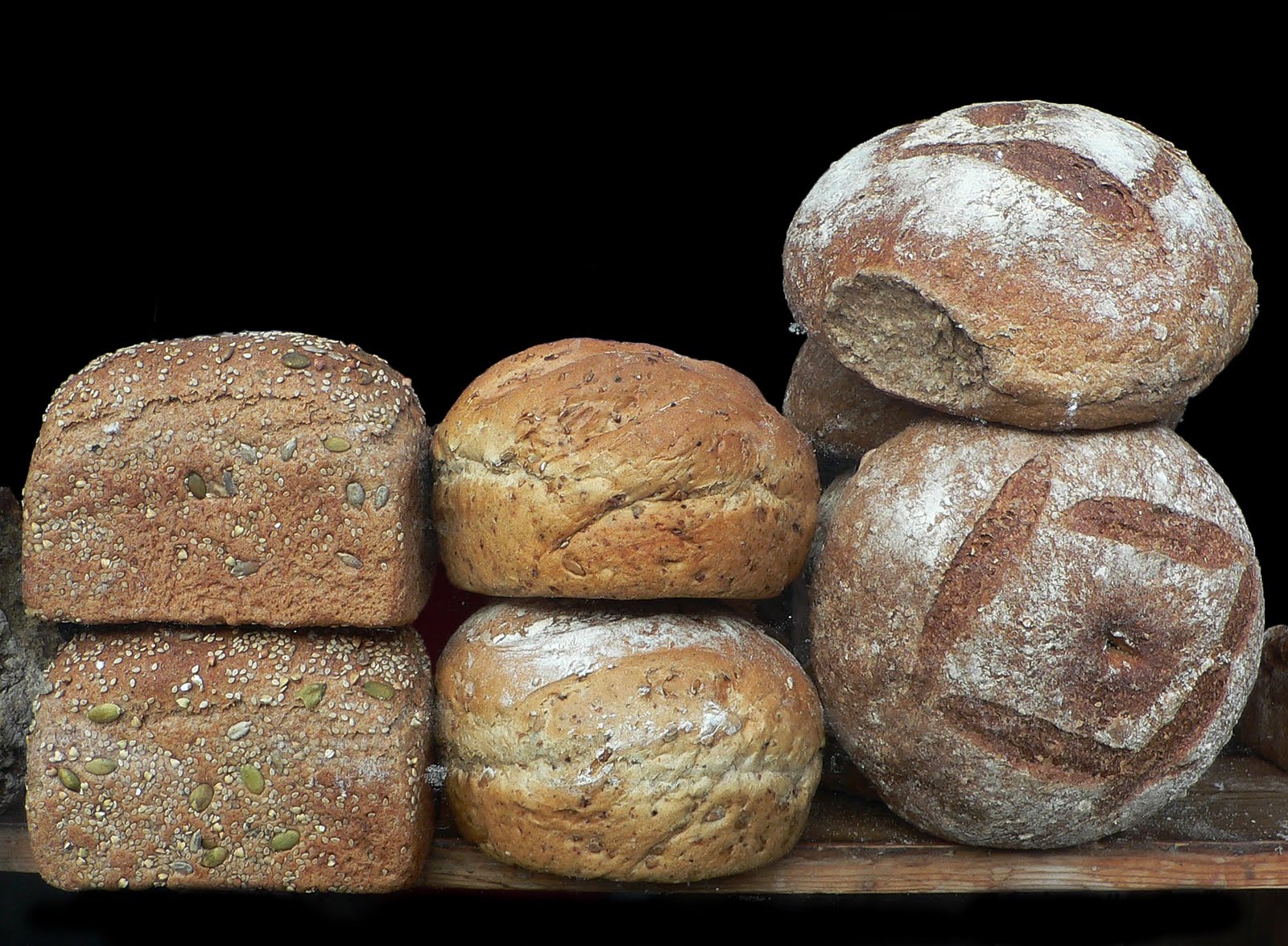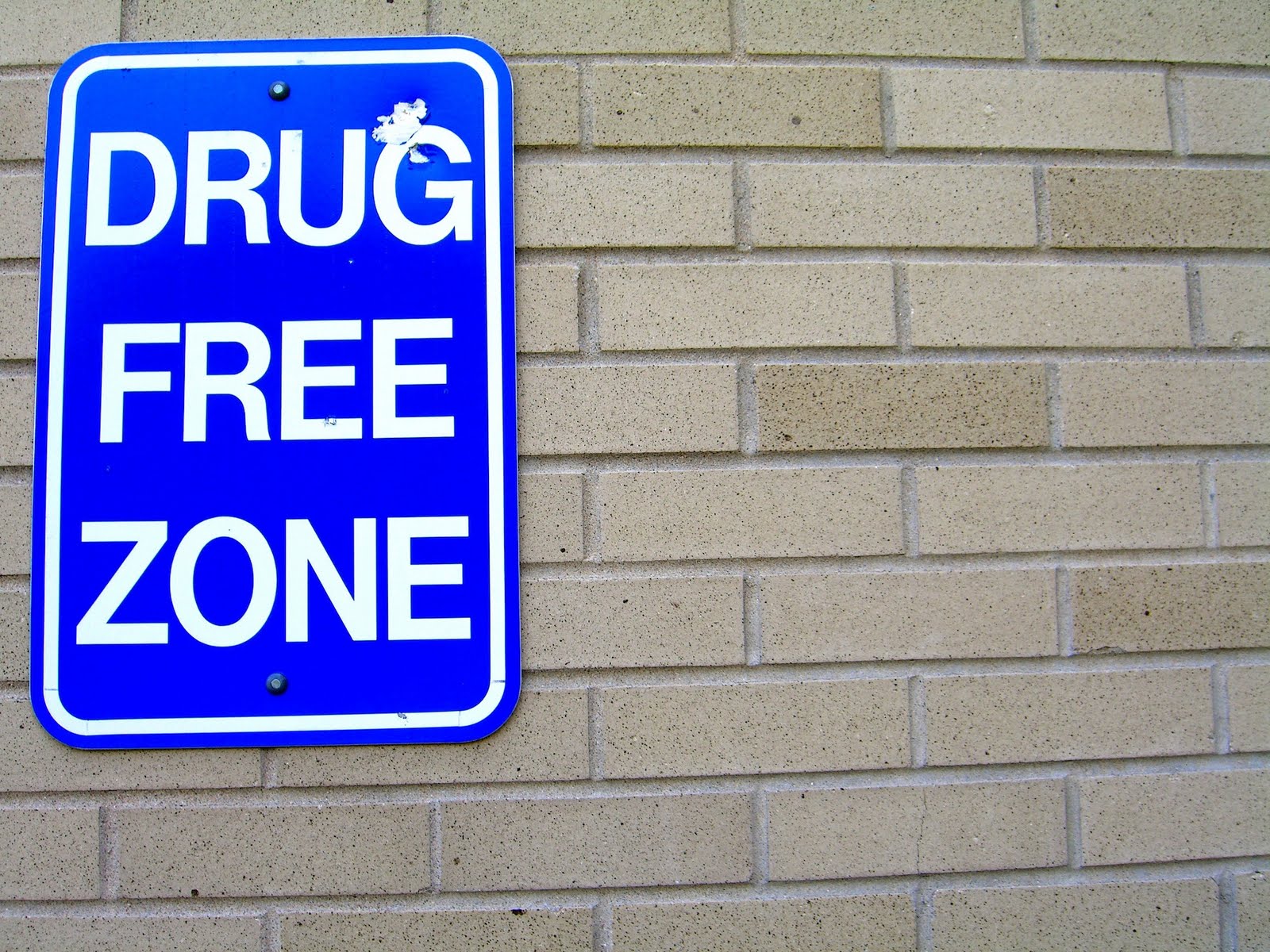I really enjoyed reading this article so I thought it would be interesting to go through it and then discuss the outcomes of it.

According to Mr Scott the reason why in modern society we are (almost) all hooked on fast burning carbohydrates is that they, just like cocaine, give you a rush. “As with blow, this rush can lead to cravings in your brain and intrusive thoughts when you go too long without a fix.”
Unfortunately, unlike cocaine, carbs does more than rewire your neurological system. Carbs and sugars will ultimately sh0rt-circuit your body and in particular your metabolism.
A diet flush with carbohydrates will reprogram your metabolism, locking your food away as unburnable fat. This means that when you get hungry again you won’t crave anything but more of the same food that started you down to the path of dependency. “Think of this stuff” the article continues “as more than a drug - it’s like a metabolic parasite, taking over your body and feeding itself”.

That’s a pretty strong statement to make, especially if you think that the USDA dietary recommendations advise to get from 45% to 65% of the daily calorie intake from carbohydrates sources. Let’s not forget that carbs (that are both starches and sugars) make up the essence of bread, cereal, corn, potatoes, cookies, pasta, fruit, juice, candy, beer and sweetened drinks. So, they are basically anything that is not protein or fat.
Scott continues arguing that the above mentioned USDA dietary recommendations were made during the 1970s and since then there has been an explosion of obesity and diabetes.
And, nowadays there is more evidence that at the center of the obesity universe lie carbs and not fat.
If you take this statement to next level you can actually claim that you could live your whole life and never eat a single carbohydrate (other of course that those that come from dairy products and meat). This view constitutes the core of Gary Taubes’ Good Calories, Bad Calories (which I strongly encourage you to read).
But wait, this is almost exactly the same view of the Paleo diet (that we have discussed in detail few days ago, right? http://www.theironyou.com/2011/03/paleo-diet-latest-trend-in-eating.html).

So what your body will do if you take out carbs? It will burn fatty acids for energy “The brain does indeed need carbohydrates for fuel but the body is perfectly happy to make those out of protein, leafy green vegetable, and the animal fat you’re burning” explains Taubes.
Scott further argues in his article that the issue lies not simply in carbohydrates “but in their fundamental addictiveness” which makes us keep coming back for more. And they achieve this more effectively than any illegal drugs.
Seriously? Carbohydrates are more addictive than heroin or meth? That’s a pretty impressive statement to make...
But there is a partial evidence of this, in fact in 2007 researchers of the Universite’ de Bordeaux, France, found out that when rats were allowed to choose between a calorie-free sweetener and intravenous cocaine, almost 95% preferred the sugar substitute. The research claimed that “intense sweetness can surpass calorie reward...The supranormal stimulation of these receptors by sugar-rich diets, such as those widely available in modern society, would generate a supranormal stimulation of these reception by sugar-rich diets, such as those now widely available in modern societies, would generate a supranormal reward signal in the brain, with the potential to override self-control mechanisms and thus to lead addiction”.

So, how you get hooked up? This is the six points path described by Scott in his article:
1) When you take in carbs (especially refined varieties like sugar or flour, sweetened drinks, or starches) you secrete the hormone insulin. The bad thing is that even just thinking about carbs causes this to happen.
2) Refined carbs spike blood sugar and the first result is that your body immediately stops burning its existing fat stores.
3) Too much blood sugar is a dangerous situation, and in response, the hormone insulin, rips it from your blood and tells the body to store the energy as fat (in men this first happens around the waist).
4) Normally your liver controls blood sugar, but because you eat so many carbs you have a constant supply of insulin circulating. This turns out to be very bad because it makes you resistant to insulin.
5) Insulin resistance means your body pumps out more insulin to make up for the deficit. Now that's when you start getting fat, but what’s worse is that your body desires even more carbs as fodder for the excess insulin.
6) You get fatter and fatter and your body craves more carbs to feed your increase girth. And this is the destructive cycle you’ve entered and that it’s so hard to break.
“Drug cartels can only dream of a narcotic with an addiction cycle this powerful” Scott concludes.
So if you’re hooked, can you quit? In his book Taubes says that it’s not easy, but you should give it a try “Anecdotal evidence suggests that the craving for carbs will go away after a while. Although whether a while is a few weeks or a few years it’s hard to say”. And like with any other addiction you’re unlikely ever to be totally cured, and you’ll always be tempted to relapse when the opportunity arises.

Few final considerations on carbs
I’m not a big fan of carbs in general and I’m strongly against the refined ones (why on earth you want to miss all the benefits and get only the damages?) so when I step upon articles like this one I’m easily fascinated as they’re always very appealing to me.
Truth is, if you want to lose weight you should cut completely on carbs, period.
I don’t know if you have noticed it but if you take a look at the most followed and popular diets around such as the Atkins, Dean Ornish and the very trendy Paleo, they all tend to be successful because the most important change they advise is the same: stop eating refined carbs.
All those diets rely on the principle that is sugar, flour, potatoes and rice that makes you fat not meat or vegetables.
On the other side if you’re in pretty good shape you may include some “whole carbs” into your daily diet. Why? First of all because they bring in a good amount of essential nutrients and soluble fiber that are so important for your overall health. Also because, if compared to dairy, fish or meat carbs are much more easy to digest and thus they tend to be less stressful for your body to process and metabolize.
Finally, if you practice sport at a competitive level “whole carbs” can be part of your diet as your muscles will crave for glycogen to burn and carbs are a readily available source of glucose that your body will turn into glycogen.
I know that there are many anti-carbs fanatics that will argue that you can go without carbs (and that it’s better to go without carbs) BUT as with everything I do prefer moderation and thus I believe that taking out for good carbs from your diet might be more harmful than beneficial.
But this topic is open for discussion!
TheIronYou
According to Mr Scott the reason why in modern society we are (almost) all hooked on fast burning carbohydrates is that they, just like cocaine, give you a rush. “As with blow, this rush can lead to cravings in your brain and intrusive thoughts when you go too long without a fix.”
Unfortunately, unlike cocaine, carbs does more than rewire your neurological system. Carbs and sugars will ultimately sh0rt-circuit your body and in particular your metabolism.
A diet flush with carbohydrates will reprogram your metabolism, locking your food away as unburnable fat. This means that when you get hungry again you won’t crave anything but more of the same food that started you down to the path of dependency. “Think of this stuff” the article continues “as more than a drug - it’s like a metabolic parasite, taking over your body and feeding itself”.
That’s a pretty strong statement to make, especially if you think that the USDA dietary recommendations advise to get from 45% to 65% of the daily calorie intake from carbohydrates sources. Let’s not forget that carbs (that are both starches and sugars) make up the essence of bread, cereal, corn, potatoes, cookies, pasta, fruit, juice, candy, beer and sweetened drinks. So, they are basically anything that is not protein or fat.
Scott continues arguing that the above mentioned USDA dietary recommendations were made during the 1970s and since then there has been an explosion of obesity and diabetes.
And, nowadays there is more evidence that at the center of the obesity universe lie carbs and not fat.
If you take this statement to next level you can actually claim that you could live your whole life and never eat a single carbohydrate (other of course that those that come from dairy products and meat). This view constitutes the core of Gary Taubes’ Good Calories, Bad Calories (which I strongly encourage you to read).
But wait, this is almost exactly the same view of the Paleo diet (that we have discussed in detail few days ago, right? http://www.theironyou.com/2011/03/paleo-diet-latest-trend-in-eating.html).
So what your body will do if you take out carbs? It will burn fatty acids for energy “The brain does indeed need carbohydrates for fuel but the body is perfectly happy to make those out of protein, leafy green vegetable, and the animal fat you’re burning” explains Taubes.
Scott further argues in his article that the issue lies not simply in carbohydrates “but in their fundamental addictiveness” which makes us keep coming back for more. And they achieve this more effectively than any illegal drugs.
Seriously? Carbohydrates are more addictive than heroin or meth? That’s a pretty impressive statement to make...
But there is a partial evidence of this, in fact in 2007 researchers of the Universite’ de Bordeaux, France, found out that when rats were allowed to choose between a calorie-free sweetener and intravenous cocaine, almost 95% preferred the sugar substitute. The research claimed that “intense sweetness can surpass calorie reward...The supranormal stimulation of these receptors by sugar-rich diets, such as those widely available in modern society, would generate a supranormal stimulation of these reception by sugar-rich diets, such as those now widely available in modern societies, would generate a supranormal reward signal in the brain, with the potential to override self-control mechanisms and thus to lead addiction”.
So, how you get hooked up? This is the six points path described by Scott in his article:
1) When you take in carbs (especially refined varieties like sugar or flour, sweetened drinks, or starches) you secrete the hormone insulin. The bad thing is that even just thinking about carbs causes this to happen.
2) Refined carbs spike blood sugar and the first result is that your body immediately stops burning its existing fat stores.
3) Too much blood sugar is a dangerous situation, and in response, the hormone insulin, rips it from your blood and tells the body to store the energy as fat (in men this first happens around the waist).
4) Normally your liver controls blood sugar, but because you eat so many carbs you have a constant supply of insulin circulating. This turns out to be very bad because it makes you resistant to insulin.
5) Insulin resistance means your body pumps out more insulin to make up for the deficit. Now that's when you start getting fat, but what’s worse is that your body desires even more carbs as fodder for the excess insulin.
6) You get fatter and fatter and your body craves more carbs to feed your increase girth. And this is the destructive cycle you’ve entered and that it’s so hard to break.
“Drug cartels can only dream of a narcotic with an addiction cycle this powerful” Scott concludes.
So if you’re hooked, can you quit? In his book Taubes says that it’s not easy, but you should give it a try “Anecdotal evidence suggests that the craving for carbs will go away after a while. Although whether a while is a few weeks or a few years it’s hard to say”. And like with any other addiction you’re unlikely ever to be totally cured, and you’ll always be tempted to relapse when the opportunity arises.
Few final considerations on carbs
I’m not a big fan of carbs in general and I’m strongly against the refined ones (why on earth you want to miss all the benefits and get only the damages?) so when I step upon articles like this one I’m easily fascinated as they’re always very appealing to me.
Truth is, if you want to lose weight you should cut completely on carbs, period.
I don’t know if you have noticed it but if you take a look at the most followed and popular diets around such as the Atkins, Dean Ornish and the very trendy Paleo, they all tend to be successful because the most important change they advise is the same: stop eating refined carbs.
All those diets rely on the principle that is sugar, flour, potatoes and rice that makes you fat not meat or vegetables.
On the other side if you’re in pretty good shape you may include some “whole carbs” into your daily diet. Why? First of all because they bring in a good amount of essential nutrients and soluble fiber that are so important for your overall health. Also because, if compared to dairy, fish or meat carbs are much more easy to digest and thus they tend to be less stressful for your body to process and metabolize.
Finally, if you practice sport at a competitive level “whole carbs” can be part of your diet as your muscles will crave for glycogen to burn and carbs are a readily available source of glucose that your body will turn into glycogen.
I know that there are many anti-carbs fanatics that will argue that you can go without carbs (and that it’s better to go without carbs) BUT as with everything I do prefer moderation and thus I believe that taking out for good carbs from your diet might be more harmful than beneficial.
But this topic is open for discussion!
TheIronYou


.jpg)







.jpg)

People tend to forget that insulin is one of the most anabolic agents available. Much the same way as steroid, insulin in the presence of above normal proteins can increase muscle mass (protein synthesis). However, as mentioned here, insulin also causes increased fat storage. So bodybuilders in general use insulin along with steroids and fat burners to build muscle mass. But, exogenous insulin when used inappropriately can be fatal
ReplyDelete